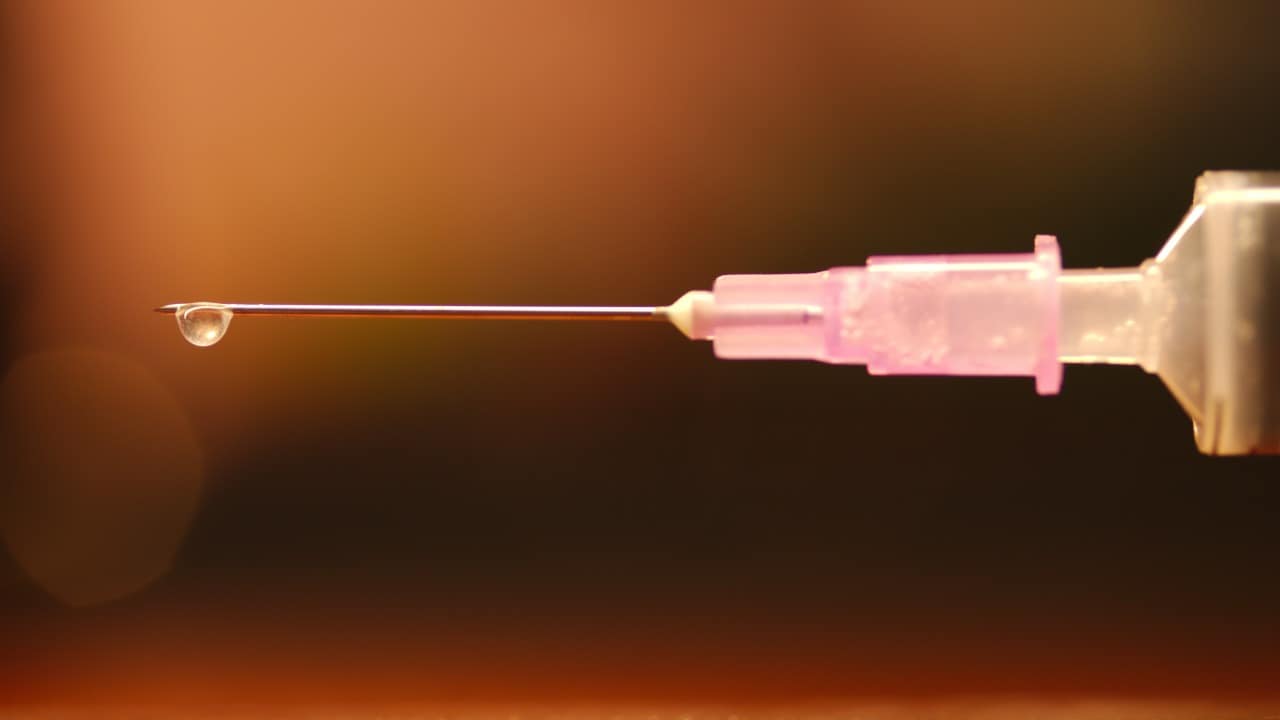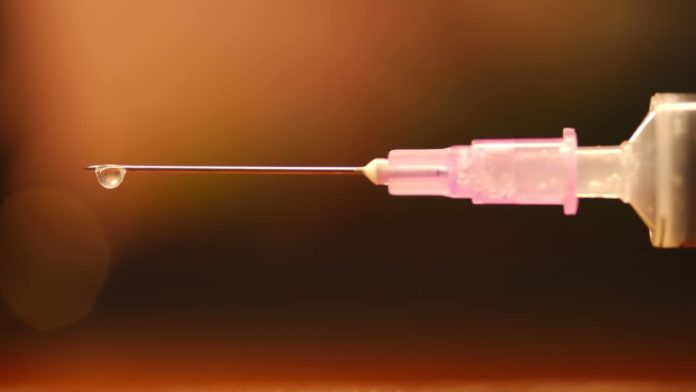
Associated PressJune 7, 2021 12:16:05 IST
Some researchers believe that COVID-19 has derailed the fight against HIV, robbed healthcare workers and other resources, and set back the US campaign to eradicate the AIDS epidemic by 2030. I will. public. For some time, the fight against HIV, the virus that causes AIDS, has been well underway. However, experts believe that the United States will soon see an outbreak for the first time in years. Internationally, recent advances may be revoked by the interruption of HIV testing and care with COVID-19.
Drug overdose is still on the rise, and needle sharing is one way to spread HIV, said Dr. Rochelle Walensky, director of the CDC.
“COVID was a big setback,” said Jeffrey Crowley, a former director of the White House National AIDS Policy Department at Georgetown University.
COVID-19 killed about 600,000 Americans in 16 months, approaching 700,000 Americans who died in 40 years from AIDS.
Prior to COVID-19, health officials were celebrating the gradual tame of HIV with new drugs and other developments, so then President Donald Trump would “ eradicate the US epidemic by 2030 in 2019. Announced the campaign.
But now, U.S. health officials are collecting accurate data on how well COVID-19 affected HIV infection and death, including how well tests, prevention, and treatment were maintained during the pandemic. I am.
There are signs of retreat.
Emory University researcher Samuel Jenness used data and statistical modeling from the Atlanta region to predict a significant increase in some sexually transmitted diseases, including HIV.
At the very least, COVID-19 has stopped the recent decline in new HIV infections, Jenness said. “In the worst case, the number of cases could increase, at least for the next few years,” he added.
Limited data collected by the Centers for Disease Control and Prevention shows that HIV testing and other services have declined significantly.
The CDC examined data from laboratories that process about a quarter of US HIV tests and compared numbers from March 13 to September 30 last year compared to the same period last year. The agency found that there were 670,000 fewer HIV screening tests than usual and about 4,900 fewer HIV diagnoses.
The number of pre-exposure prophylaxis (PrEP) prescriptions also decreased by 21% nationwide. A type of drug that people at risk for HIV take to prevent the virus from being transmitted through sex or the use of injections.
Why is it falling?
Most health departments and community groups in the United States have been forced to reduce HIV testing. This is the first step in prescribing drugs that prevent the spread of the virus to people infected with the virus. In addition, health department employees who tracked contacts to stop the outbreak of HIV have shifted to COVID-19.
Even where HIV clinics are open, some people were reluctant to enter because they were afraid of being infected with the coronavirus.
There may be another reason: reduced sex.
Studies show that many adults at high risk of HIV transmission have reduced sexual activity and fewer sexual partners, at least during the first months of the pandemic.
However, there are signs that many have resumed normal sexual activity by the summer, Genes said. Genes conducted a study focused on homosexual and bisexual men.
“People’s sexual behavior has changed in just three months,” he said. However, the disruption of prevention, testing and care continues.
What does that mean for national goals?
According to data released this week, the number of new infections has declined over the years, dropping to about 35,000 in 2019.
After Mr. Trump announced in 2019, federal health officials have revealed that the actual goal is to significantly reduce new infections over the next decade to less than 3,000 people annually.
However, Genes and his fellow researchers predicted that in the Atlanta region alone, there would be about 900 more HIV infections than usual among gay and bisexual men over the next five years.
Another bad harbinger: Drug overdose is still on the rise, and needle sharing is one way to spread HIV, said Dr. Rochelle Walensky, director of the CDC.
The recent surge in HIV infection in West Virginia is associated with the use of intravenous drugs and is part of an ongoing change in the way the virus spreads. In 2014, one in eight HIV-infected people in West Virginia was given an injection. By 2019, nearly two in three people had been infected, according to state health data.
Health officials have not yet abandoned that goal, but all of this suggests that the 90% reduction target will not be achieved, some experts say.
Kevin Delaney, a CDC HIV / AIDS researcher, said: “If we miss millions of HIV screening tests from 2020, we will need to invest to make up for it, but our goals haven’t changed.”
Walensky, a well-known HIV researcher before becoming the director of the CDC, said it would be difficult.
“Do you think it’s feasible? Absolutely,” she said. “Do you think we now have the resources to do it? I don’t think so yet.”
Authorities say that in 2019, approximately 38 million people worldwide were infected with HIV / AIDS. In 2019, an estimated 1.7 million people were infected with HIV.
However, COVID-19 has also interfered with testing and other medical services around the world. In Africa, one of the continents most affected by AIDS, experts pointed out that programs to check HIV in pregnant women and provide male circumcision to reduce the risk of infection have been suspended.
UNAIDS, a United Nations effort to stop HIV and AIDS, has previously set a goal of diagnosing and treating a specific proportion of infected people by 2020. Ambitious but achievable. ”The agency has set even more ambitious goals for 2025.
However, it will be difficult for the entire world to achieve such goals, said Dr. Kevin de Kock, a global health expert based in Kenya.
“I don’t think it’s wise to talk about the end of AIDS,” De Kock said. “Internationally, I think we have made tremendous progress. (But) we are not on track to achieve the goals declared by organizations like UNAIDS.”
According to experts, COVID-19 has disrupted the HIV fight by monopolizing resources with healthcare professionals-Technology News, Firstpost
Source link According to experts, COVID-19 has disrupted the HIV fight by monopolizing resources with healthcare professionals-Technology News, Firstpost








